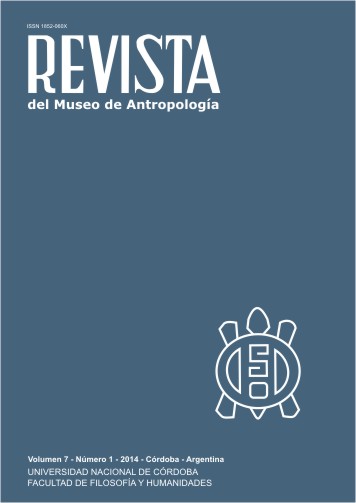Gaïa and diplomacy as a cosmopolitical device. Interview with Bruno Latour
DOI:
https://doi.org/10.31048/1852.4826.v7.n2.9191Keywords:
nature-culture, cosmopolitics, ways of existing, Bruno LatourAbstract
The questions that give body to the interview were developed within the 'Nucleo NaturalezaCultura'. Our interests were linked to the discussion of the nature-culture pair, as it is currently being discussed in an anthropology interested in the so-called 'ontological turn'. In this context, Bruno Latour's work constitutes an indisputable turning point when considering the political, ecological and 'cosmopolitical' consequences of this 'turn'. Defender of a symmetrical anthropology, he has not only taken care of 're-assembling the social' through his notion of 'collectives', but he has managed to 'symmetrize' the anthropologies of the 'margins' (indigenous ethnology, among them) with that anthropology practiced in the centres, among the 'modern' ones. Thus, for example, while ethnologists were dedicated to investigate the distinction nature-culture in the Amazon as defined by indigenous cosmologies, he himself was dedicated to understanding how this binarism was manufactured in scientific laboratories, within our modern cosmology. In this interview, carried out in his Medialab de Sciences Po, in Paris, he covers part of his career and gives us some details of his project that allow us to continue reviving those current discussions that, faced with the 'ecological emergencies' embodied in Gaïa, place 'diplomacy' as a 'cosmopolitical' device.
Downloads
Downloads
Published
Issue
Section
License
Those authors who have publications with this Journalaccept the following terms:
a. Authors will retain their copyrights and guarantee the journal the right of first publication of their work, which will be simultaneously subject to the Creative Commons Attribution License (Licencia de reconocimiento de Creative Commons) that allows third parties to share the work as long as its author and his first publication in this journal.
b. Authors may adopt other non-exclusive licensing agreements for the distribution of the version of the published work (eg, deposit it in an institutional electronic file or publish it in a monographic volume) provided that the initial publication in this journal is indicated.
c. Authors are allowed and recommended to disseminate their work on the Internet (eg in institutional telematic archives or on their website) before and during the submission process, which can lead to interesting exchanges and increase citations of the published work. (See The Effect of Open Access - El efecto del acceso abierto)












